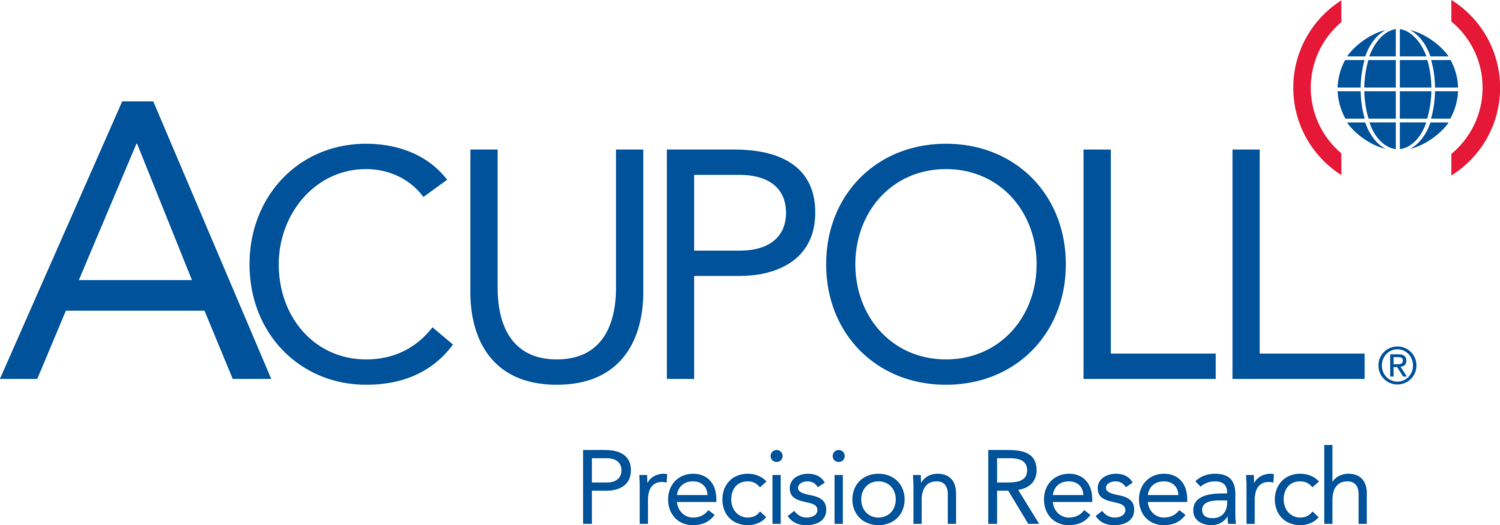Exclusive: Covid-19 Crisis Prompts Delayed Doctor Visits, Weight Gains, Cincinnati Firm Finds
As featured in
Two out of five people have decided against visiting a primary care provider such as a doctor, nurse or dentist during the Covid-19 pandemic, and a similar number of parents decided against such a visit for a child, a Cincinnati market research firm found.
At the same time, one in four parents decided against taking a child to get a vaccination, and about one in three adults have avoided seeing a medical specialist such as a heart doctor, dermatologist, allergist, sports medicine physician or eye doctor.
Another potential health concern is that roughly one in three adults has gained weight while working from home or otherwise restricting activities since the beginning of the coronavirus crisis, according to a survey by Acupoll Precision Research Inc., which is based in Clermont County’s Miami Township.
At the same time, about 20% of those surveyed have lost weight, but that also could be a concern in some cases. About 44% of the total said their weight hadn’t changed.
The nationwide survey of adult men and women in the United States had a margin of error of plus or minus 3 percentage points, said Jeff Goldstein, president of Acupoll. It involved 1,000 consumers who participated in an online survey April 28.
Some people didn’t visit a doctor, nurse or dentist because their offices were closed as a result of the pandemic, but such delays could have health consequences even if those people don’t have symptoms of Covid-19. About two-thirds of people who had a need to go didn’t, but about three-quarters of those 65 or older decided against such a visit. Older people are at higher risk of contracting Covid-19, but they also might have a greater need to visit a doctor.
Weight gains were more likely among women (37%) who worked from home or restricted their activities than men (27%), the survey found.
Nearly half of those who gained weight attributed it to eating more, while 28% indicated it was because of less exercise. Another 17% said they were eating less healthy or making less healthy choices, while 7% cited emotional reasons.
Nearly 61% of respondents who gained weight said they had added up to 5 pounds. Another 28% had gained 5-10 pounds, and 11% had gained more than 10 pounds. For those who were already heavy or obese, the weight gain could be problematic in terms of underlying health conditions.
Of those who lost weight, about one in three people said they were exercising more. Men exercised more (45%) compared with women (23%). People under age 35 exercised more (40%), while those over 55 were the least likely to have exercised (28%).
About 29% who lost weight were eating less. One out of five said they were eating healthier or making better choices, while 8% cited emotional reasons for their weight loss. About 9% shed up to 5 pounds, 6% have lost 5-10 pounds and 5% have lost more than 10 pounds.
When coronavirus vaccines and treatments become widely available and the crisis ends, 34% of those surveyed said they will make healthier eating choices. Women were more likely than men to say they would make such a healthier choice, 39% to 29%. Another 38% of the group said they won’t change their diets, while 16% will eat less and 12% will eat more.
About 44% said they would exercise more when the coronavirus crisis ends, while 34% won’t change their activities. About 15% will make different exercise choices, while 7% intend to exercise less.
Acupoll is one of the largest market research firms in Greater Cincinnati. Its dozens of clients have included Procter & Gamble, said Goldstein, who worked for the consumer goods company from 1988-95 and rose to be P&G’s manager for corporate new ventures. He subsequently founded the local chapter of the P&G Alumni Network.
By Barrett J. Brunsman – Staff reporter, Cincinnati Business Courier

